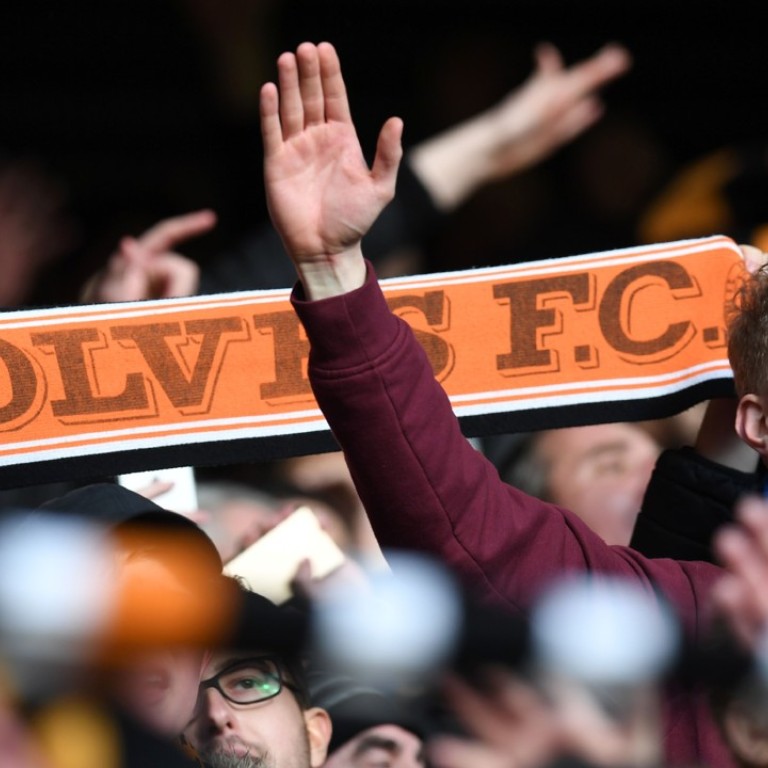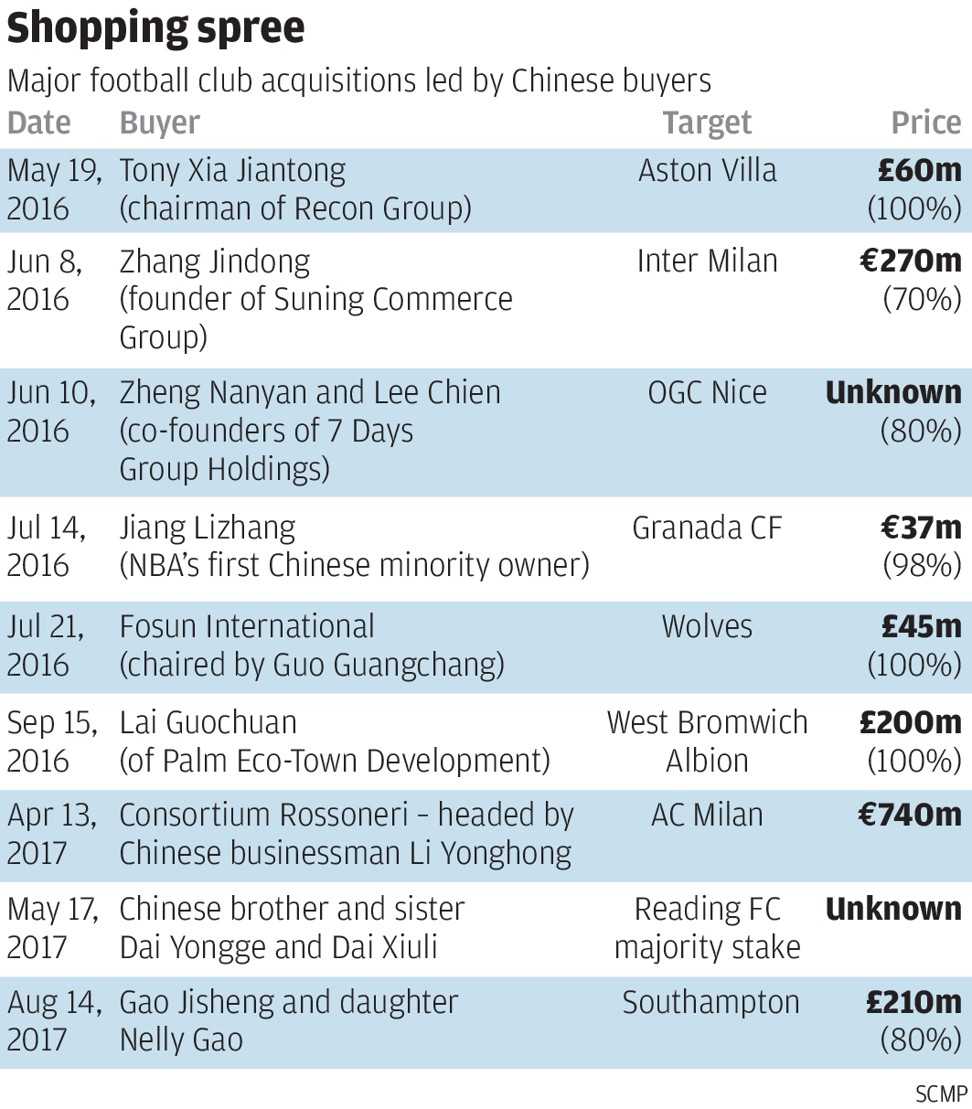
Chinese ownership at Wolves under scrutiny but for once it’s not from back home
Project Mendes is paying off but do the other owners have any right to complain about Fosun’s stake or is it bitterness at good business?
Villa Park is one of the most historic grounds in English football. Once the regular setting for FA Cup semi-finals before they made their permanent home at Wembley, it has seen some of the game’s most memorable moments including Aston Villa’s rise to European champions in 1981.
Nowadays it is the Championship rather than the Champions League that preoccupies thoughts at the Chinese-owned club and their task of returning to the top flight will have been brought into sharp focus under the floodlights last night when they hosted league leaders and fellow Chinese-owned side Wolverhampton Wanderers.
Villa sat 10 points behind their near neighbours in third place going into the game. At stake, the opportunity for three points to fuel overhauling Cardiff City in the other automatic promotion spot and bragging rights for the fans when they go into work tomorrow – opportunities they grasped with both hands in a shock 4-1 win.
But those are trivial matters in comparison to the boardroom. There is a larger narrative at play with Wolves: a new model for football clubs and one that has upset the status quo in English football.
It is a model that is coming under increased scrutiny. That’s nothing new for Chinese-owned foreign football clubs, you might think, but for once it is not under pressure from back home.

Most recently Fosun followed up their purchase of French fashion house Lanvin with a majority stake in Austrian luxury lingerie purveyor Wolford, adding to a portfolio that includes Club Med, Wolves and a 20 per cent stake in the sports agency Gestifute.
It’s the relationship between those last two that is the cause of contention at other Championship clubs. The owners of the clubs forming the chasing pack are complaining that the odds are stacked against them amid cries of undue influence from Gestifute chief and “super agent” Jorge Mendes.
It won’t have been lost on the Wolves board that, as The Telegraph reports, local rivals and fellow Chinese-owned Championship side Aston Villa are among the three clubs to have gone to the EFL. Nor that the most vocal, Leeds United, were beaten 3-0 by Wolves in midweek.
The Yorkshire side’s chairman Andrea Radrizzani Tweeted alluding to his concerns that an agent has undue influence over team affairs. The EFL have since made a statement and Wolves responded saying that they expect the next statement to support them fully.
This complaint is not new. It was always going to be this way. Wolves were bought in July 2016, several months after their deal with Gestifute was signed. Fosun’s ownership was approved by the EFL in December 2016 – time enough for concerns to be heard and fears allayed.

Wolves cost Fosun a mere £45 million (HK$488 million), Dr Tony Xia paid £77 million for Aston Villa and West Brom cost £200 million. They have spent around £60 million in the transfer market over the last two seasons – not all of it to Mendes clients. Even accounting for wages and the severance packages for three managers before another Mendes client Nuno Espirito Santos, Wolves will get their Premier League payday on the cheap.

More fool them. They can complain but Premier League football is not in their hands – or at the feet of anyone in their employ. The opposite is true for Wolves where promotion remains in their control despite the loss. Of all of the Chinese-owned clubs in English football, it’s the Fosun investment at Molineux that promises to pay off quickest.
A minor stake in soon to be Premier League champions Manchester City aside, success of any sort seems distant for the rest. Premier League sides Southampton and West Brom are flirting with relegation, though in West Brom’s case they are not so much flirting with as stalking, while Birmingham City continue in the lower reaches of the Championship.
At Wolves one of the English game’s sleeping giant appears to have woken up to the future of football club ownership.

